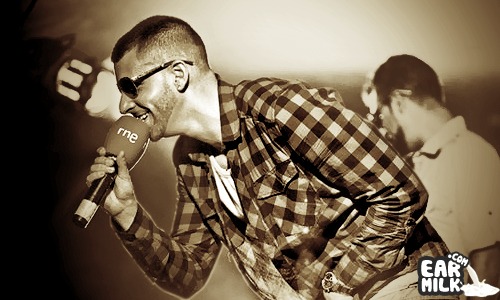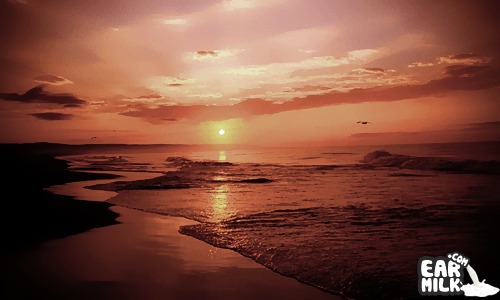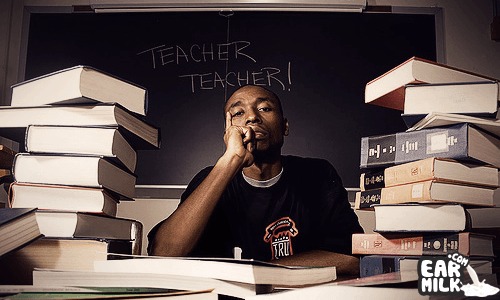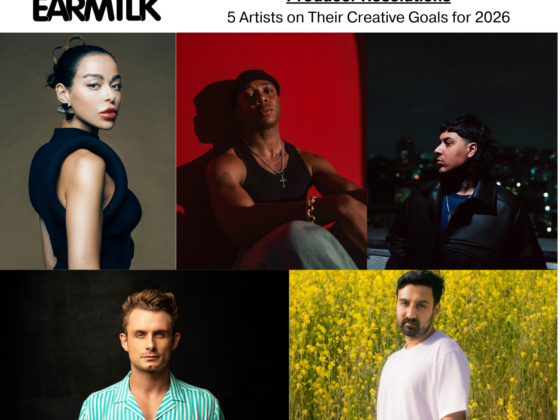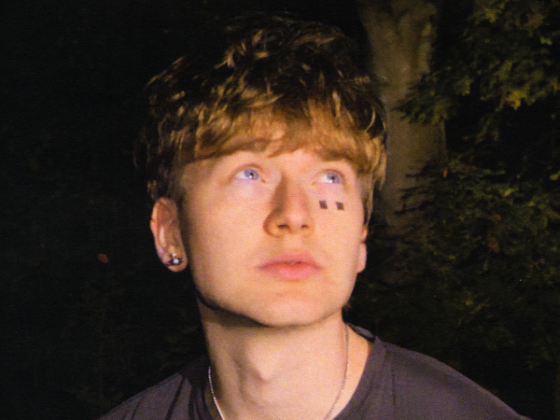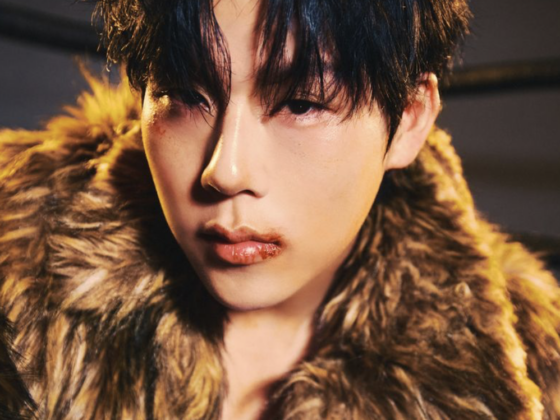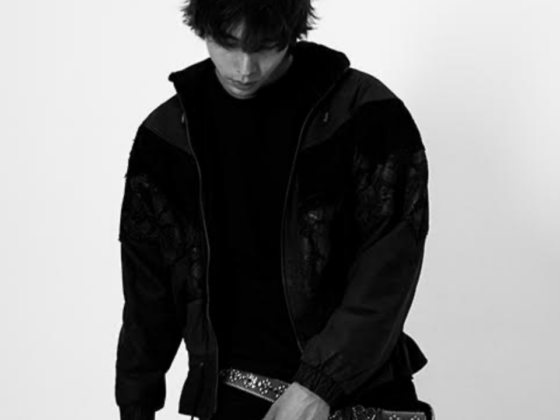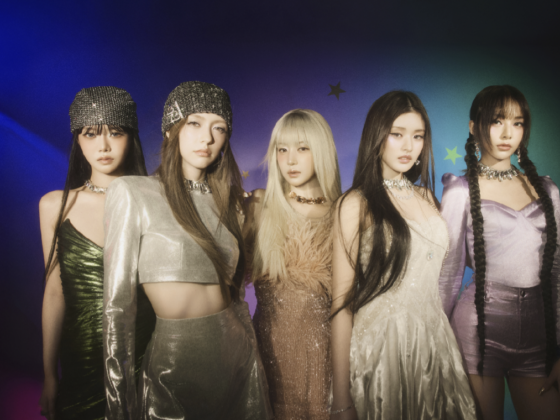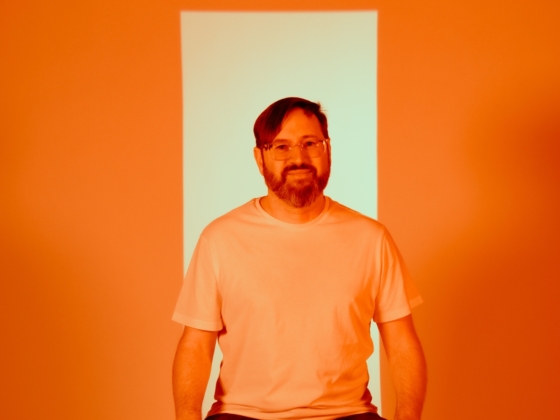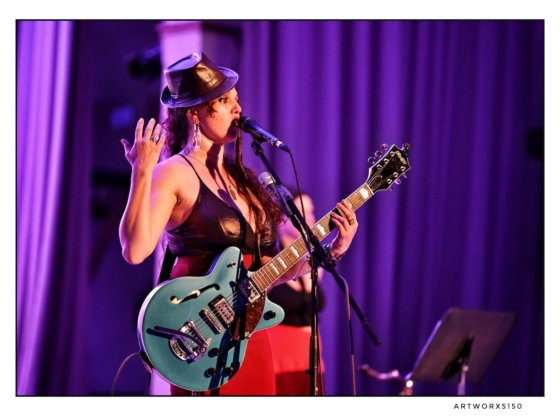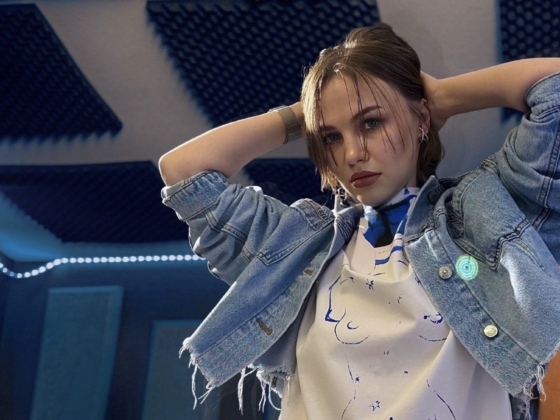
Here at Earmilk we pride ourselves on being an international site. As you know this years MTV Europe Awards, which takes place on the November 7 and hosted by Desperate Housewives star Eva Longoria Parker, will be held in Madrid, Spain. So we snooped around to see which local artists are causing a storm on that side of the pond.
Dakaneh is a Madrid based reggae/hip-hop artist, who's making waves in the Spanish urban scene. Vanessa Laker caught up with the rising star to talk hip-hop, the Spanish urban scene, politics affecting the youth of today and his sophomore album 'Bravo 2010'…
EARMILK: You've got a new single "La Llamada" tell us a little bit about the song and the concept behind it…
Dakaneh: With this track and video we want to describe the desperation and frustration of our generation, in a country where youth unemployment is over 40%, where no one can reach a contract that lasts more than six months. People can´t move out of their parents' house if they don't work near nine hours a day to earn less than 1000 euro's a month and pay 400 in rent and where people must immigrate when they've finished university. We're also speaking about youths who are living out of law, because there is no option these days in Spain for many young people. It's a very politically charged video.
EM: And what's the actual story behind the music video?
D: In the video we start from the streets, we wake up from the ground, which seems to be the end. We start walking, with no direction, no destiny, just walking. In this trip to nowhere we see some metaphorical images; Rich people celebrating crisis, people working under the pressure of violence, people hustling and even eating dirt and dust. These images are what's around and we want to tap into people's consciousness.
EM: Lion Sitte features on the track, how did you guys get together for this collaboration?
D: Lion Sitte and I started doing some collabo's about six years ago; this is when I was just starting out in the music game. He and his sister Maika have been making music for so many years now and they really helped me during the beginning of my career. We recorded some tracks with Skylee Cru – my original music group. And when I released my first album in 2008, Maika, Lion and I recorded a track for it called "Amor compartido". And we've been working together ever since.
EM: Your music is very inspired and influenced by reggae and bashment. Explain to me a bit about how the Carrabin sounds inspire your music?
D: When I was a child and I listened to some commercial soca music, I didn´t know what it was and where it came from, but I just loved the vibes. When I was 14 years old I started doing graffiti art and through that I got into hip hop. And that's how I got to know about and really love dancehall music. In Madrid there's a lot of really good urban and dancehall parties. It's through them that I really fell in love with Caribbean music, and more specifically Jamaican music. Where I grew up in Madrid there's a large Dominican Republic community, so I've always been exposed to bachata, reggaeton, merengue, mambo, and salsa music from long time. I also love these Spanish Caribbean rhythms. I consider myself an urban artist, mostly into dancehall flows and riddims I´m the new Spanish dancehall dude.

EM: What's the hip-hop scene like in Spain?
D: Hip-hop music, as in rap, is not so much the type of music that's being recorded on a mainstream level here in Spain. It's a mixture of hip-hop, dancehall and R&B, with intense Spanish flavour. In the last 15 years we've received the biggest immigration in Spanish history, mainly from Latin America, and that helped a lot to really introduce hip-hop and reggae music into our modern society.
EM: Do Spanish mainstream publications and music stations embrace urban music?
D: No! Music magazines are into pop music, rock and flamenco. There are two national underground publications about hip-hop surviving and others, which have now closed down, so that's not very encouraging. Big radio stations never play reggae or hip-hop; there are just two national urban shows on national radio… In mainstream television the perception of rappers is still of this stupid adolescent cliché, which is used to make (people) laugh, and "dancehall" is considered a strange world. So being an urban artist in Spain is not very easy, as the support in mainstream media is not really there. But there a lot of people here in Spain, especially the youth, who want to hear Spanish urban music, that's how, and why we continue to do what we do. The revolution is on the internet, through the blogs, online radio and YouTube.
EM: With the connection through the language, are you influenced by South American artists?
D: Mainly Caribbean reggae artists. The first Spanish language songs of reggae came from Panama and that´s a very big influence for anybody in the world who wants to sing reggae in Spanish. I like El Roockie, Kafu Banton and other dancehall Panamanian acts. Puerto Rico is another music factory and the most advanced scene in urban music, connected with the Latin scene of Miami or New York, where there a lot of artists I admire. I listen to Don Omar, Jowell y Randy or Arcangel music, and I have collaborated with big artists from the Latin scene in USA like Don Chezina or Magic Juan. Dominican rappers are now taking part with crews like El Patio which are bringing real new styles and new flows to the music game.
EM: Artists such as Pitbull and Daddy Yankee have had huge global crossover success around the world mixing English and Spanish lyrics; do you think you'll mix English in your songs to appeal to an international audience?
D: I do… I've always written in English and Spanish because I´ve always listened to both scenes and I like how a song sounds in Spanglish (Spanish and English). At the same time if this can make my music international, it´s good for me.
EM: Talking about hip-hop in general, which rap artists are you listening to at the moment?
D: I listen to Nicki Minaj, Drake, Flo Rida, Kanye, T Pain and Lil Wayne. But I´m more into reggae and African dancehall music right now. I´m discovering a lot of incredible artists from Nigeria, who are really impressing me.
EM: If you could collaborate with anyone who would it be and why?
D: It would have to be Busy Signal or Vibz Kartel. I love their music and consider them the kings in dancehall music.
EM: You've got an album out, Bravo 2010; tell us a bit about it…
D: My first solo CD was 'Bravo: The Reggae Mixtape' in 2007. Bravo is my surname and means a lot of things for me. This summer I dropped 'Bravo 2010' and this time it's not only purely a reggae album, it contains 18 new songs of different styles, including house music, R&B, Coupe de Cale, bachata, rap beats, and of course dancehall and roots reggae. This record was recorder by JML, who's one of the best producers in Spain.
The album is very influenced by today's Jamaican hits and by all the music I listen – which varies from house music to African riddims. I´ve collaborated with new and unknown dudes like P Angels and big dancehall artist in Spain like Lion Sitte, Novato and JML. As well as working with close friends like my partner in crime Kra Martinez.
EM: What does the rest of 2010 hold for Dakaneh?
D: I have a lot of shows all over Spain. The main ones are in Madrid on November 10th and Barcelona on November 18th. I´ll be filming some new videos for singles to promote 'Bravo 2010' and I'm already planning the next LP. It's going to be a very busy few months.
[youtube]https://www.youtube.com/watch?v=qCBLmYkjZ3w[/youtube]
To listen to Dahaneh's new LP 'Bravo 2010' visit www.deezer.com and Click here to download the 18-track album on iTunes.

